
"In a phase 2 clinical trial, we saw that erdafitinib had an objective response rate of around 40% in patients who received prior chemotherapy for their metastatic disease," says Dr. Siefker-Radtke.

"In a phase 2 clinical trial, we saw that erdafitinib had an objective response rate of around 40% in patients who received prior chemotherapy for their metastatic disease," says Dr. Siefker-Radtke.

“From just a regular business sense, we can’t raise prices to offset some of our supply cost problems,” says David Morris, MD.

"There's 3000 patient trials that are either done or going to be done within the next year or 2 in the BCG-naïve setting, and all of them have systemic therapy," says Joshua J. Meeks, MD, PhD.
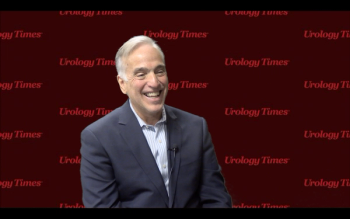
"People are starting to retire, and there isn't that much production of urologists every year; there's about 270 that come out for the whole country," says Richard Harris, MD.
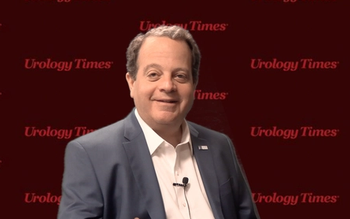
"We have more younger members here at the annual meeting than we've ever had before. We want to make that a priority," says Evan R. Goldfischer, MD, MBA, FACS.
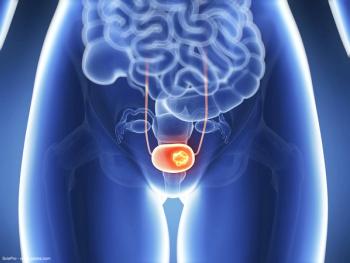
"It really is a fun time to be doing urothelial cancer research, as we see patients living longer, with more durable responses, impacting their overall survival and long-term outcomes," says Arlene Siefker-Radtke, MD.

“Don't make assumptions about any patients,” says Diana K. Bowen, MD.

Webster also shares his advice for young urologists entering community practice.
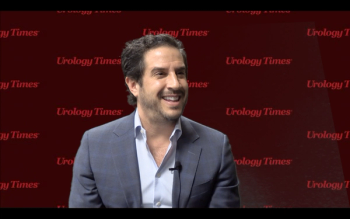
"We're seeing that it's beneficial to the patient—it’s easier, they don't require a general anesthetic, and we don't have to bring him to the hospital," says Dr. Hafron.

“The bar is high; we want to be curing these patients, not just delaying a recurrence of their cancer,” says Arlene O. Siefker-Radtke, MD.

"Clinicians now have access to tools that can assist them with turnaround times and report interpretation, thereby aligning with national guidelines on genetic testing,” said Neal Shore, MD.

"What we know for sure is [PSMA-PET is] just simply better imaging in terms of accuracy," says Ashley Ross, MD, PhD.

“We have to separate the need for germline testing and somatic testing,” explains Emmanuel S. Antonarakis, MD.

“What’s important is that we get these studies approved so that our patients aren’t suffering any further economic burdens by having this new type of imaging being put forward,” says David Albala, MD.
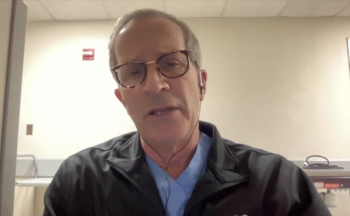
“There’s a lot of clinical utility to genetic testing, and there are familial implications and clinical trial implications,” explains Neal Shore, MD.

“The association between CKD and end-stage renal failure and increasing risk of kidney cancer is a really striking and important association to be aware of,” says Sarah P. Psutka, MD, MS.

“We do know that for these specific racial minorities, more time and more tools need to be invested in order to have both the rates of PSA discussion and PSA testing equal to those that White men have,” says Hanan Goldberg, MD, MSc.
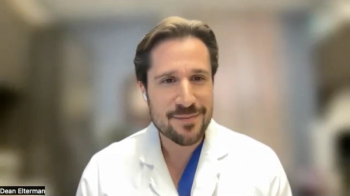
“The takeaway is that sacral neuromodulation works well for men with overactive bladder and fecal incontinence, but perhaps less well for pelvic pain. We should see it as one of many multimodal treatments that we could offer for men with chronic pelvic pain,” says Dr. Elterman.

“You can't just have all or none treatments. You've got to have a middle ground for people who are going to look for that,” says John R. Valvo, MD.

Leuprolide acetate injection is a sterile, aqueous, clear, colorless solution that is administered through subcutaneous injection.

“Cigarette smoking and continued smoking exposes patients [with bladder cancer] to a lot of continued risk, and I don't think we're doing our job as a doctor by ignoring this critical part of counseling and education,” says Dr. Matulewicz.

“It didn't happen overnight. The way we built the program was an iterative process,” says Shubham Gupta, MD.

Naeem Bhojani, MD, and Ben H. Chew, MD, MSc, FRCSC, discuss the burden of sepsis post-URS to both the healthcare system and patients.
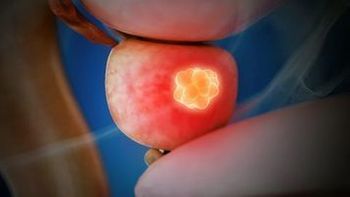
“What was found in the sub stratification study was that overall survival favored the addition of darolutamide to ADT and docetaxel in all stratification subgroups,” says Ronald Tutrone, MD, FACS, CPI.

“This equation that is true for White men, where more discussion leads to more PSA testing, did not hold for racial minorities,” says Hanan Goldberg, MD, MSc.

Dr. Elterman discusses the findings of his recent study on the use of sacral neuromodulation to treat various conditions, which was presented at the NSAUA Annual Meeting.

“We really need to understand patient selection and treatment sequencing,” says Rana McKay, MD.

“The biggest finding is that we are seeing a steady increase in women representation in the field of urology,” says Teresa L. Danforth, MD.

“With this study, we gained a better understanding of the features of third line therapy for overactive bladder, that patients find favorable and unfavorable,” says Anjali Kapur, MD.
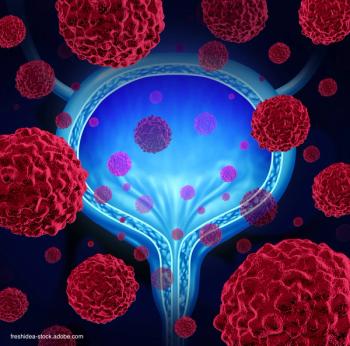
“We used this study as a first step in understanding at a baseline what patients with non–muscle-invasive bladder cancer thought and what they believe to be risk factors for their bladder cancer,” says Richard S. Matulewicz, MD, MSCI.